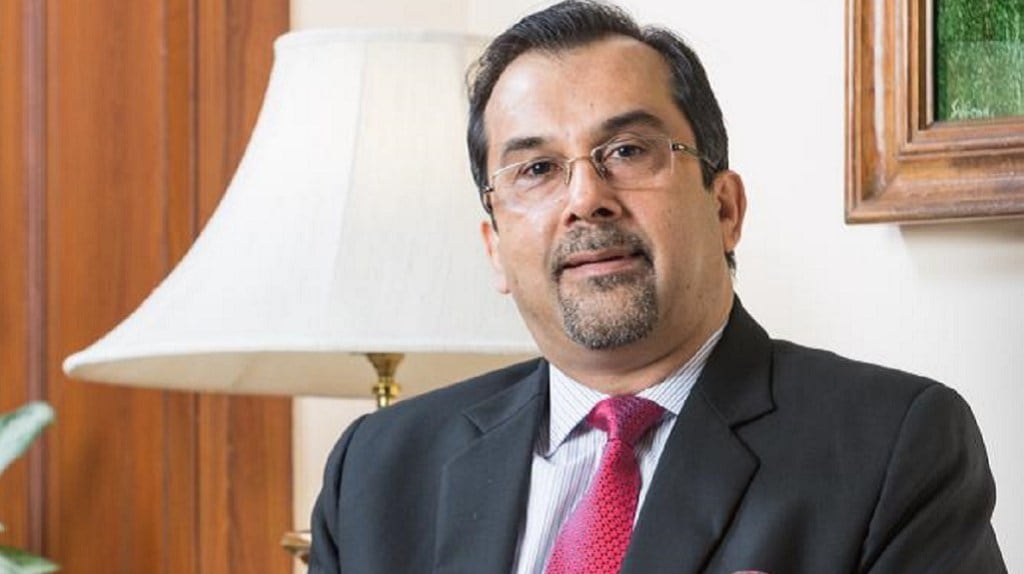Global partnerships and collaboration are the key imperative for addressing challenges of climate emergency and social inequality, said Sanjiv Puri, CII President Designate; Chair, B20 Action Council on ESG in Business and Chairman & MD, ITC Ltd. “The contemporary global narrative can be captured largely in three words – polycrisis, perma crisis and uncertainty. We are beset with immense challenges, from climate emergencies to food and energy security challenges. Also, the underlying fault lines of social inequality caused by these challenges demand our attention. Therefore, it is very important to focus on collaboration and the forging of robust global partnerships to address these issues,” said Sanjiv Puri while speaking at the inaugural session of the 18th Sustainability Summit organised by CII.
While extreme weather events are increasing in frequency and intensity and IPCC has warned that crossing the 1.5-degree threshold would mean a multiplication of extreme weather events, Spain reached a record-breaking 60 degrees.and even India suffered extreme weather events on 84 of the 120 days in the first four months of 2023, spanning heat waves, floods and landslides.
Sanjiv Puri said that sustainability, today, has moved to the top of the agenda for governments as well as corporates. “It is imperative to bring adaptation to the center stage of climate action. We must adapt to the realities of a hotter world and live with the increasing frequency of extreme weather events,” he said.
On the need for a Just Transition, Sanjiv Puri said, “It is a fair demand for the Global South to get access to the adequate quantum of resources to be able to transition to net zero. Estimates highlight an annual requirement of $2 to $4 trillion for energy transition and $330 billion for adaptation. In contrast, considering the data from 2020, the available funding was a mere $650 million.”
While in 2020, private sector funding accounted for 40 per cent of the total resources, The ITC Chairman said that there is an opportunity to unlock more resources from the private sector. “Private sector participation can be enhanced by eliminating obstacles, providing appropriate incentives and developing cost-effective technological solutions possibly through public-private partnerships. Such collaborations can expedite the flow of private financing based on the economic viability of projects,” said Sanjiv Puri.
Talking about the important role of businesses in driving the sustainability agenda, Sanjiv Puri said, “Sustainability must be seamlessly integrated into the business strategy of enterprises rather than functioning in isolation.”
The 18th Sustainability Summit hosted 400 participants, indicating the increasing mainstreaming of sustainability. “Substantial conversations will also take place in the forthcoming B20 and G20 meetings and I am sure that these discussions will be able to make a meaningful impact in our collective efforts to combat climate change,” Sanjiv Puri concluded.
